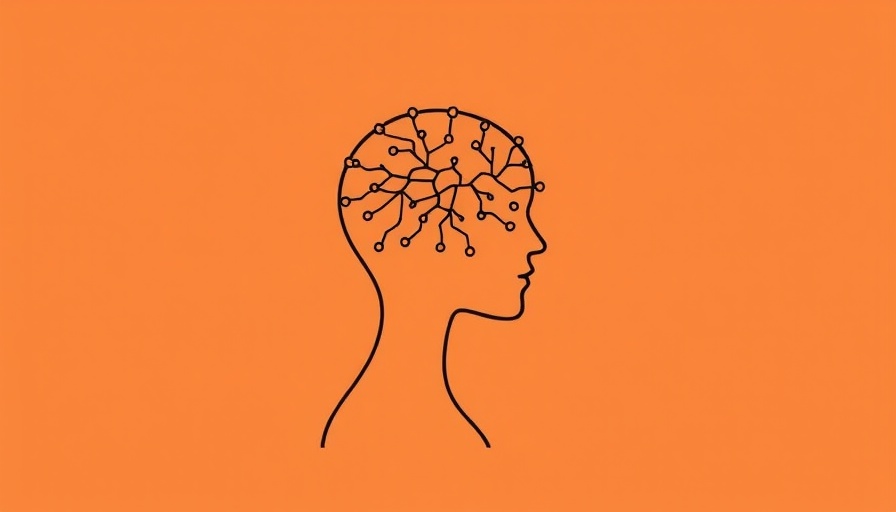
The Next Frontier in AI: Introducing Claude's Compass
In an exciting development for students and researchers alike, Claude AI is testing a new feature called Compass, which could revolutionize the way individuals gather information for academic and professional purposes. This enhanced functionality is designed to streamline research activities, aiming to elevate Claude's capabilities to the same level as ChatGPT’s Deep Research feature.
How Compass Works: A User-Friendly Approach
To get started with Compass, users need to access the Claude web interface. Upon selecting Compass in the message composer, they can describe their inquiry, upload relevant files, and even activate extended reasoning modes for more complex queries. The tool will then provide visual feedback in real-time as it searches for credible sources and assembles comprehensive documents tailored to users' specifications.
Potential Benefits for Students and Professionals
Imagine being a student tasked with writing a research paper. Instead of spending countless hours scouring the internet for valid sources and pertinent information, you can simply ask Compass to "Find credible sources for my research". This prompt-driven approach significantly reduces the time needed to compile information and accelerates the research process. Moreover, by utilizing advanced reasoning capabilities, Claude promises more accurate and contextually relevant insights compared to its predecessors.
Comparing Compass to Existing Tools
While many might be familiar with existing AI tools like ChatGPT, what sets Compass apart is its undeniable focus on research capabilities. While systems like the Sonnet 3.7 and 3.5 models offer general conversations and information gathering, Compass prioritizes delivering precisely what users need for in-depth inquiries. It’s not just about conversing with an AI; it’s about gaining access to knowledge efficiently.
Community Anticipation and Market Positioning
The anticipation built around Compass reflects wider trends in the AI market. Unlike other tools that prioritize engagement and creative outputs, Claude’s new feature is clearly positioned to appeal to academia and corporate sectors needing rigorous data synthesis. However, like many expansive AI features, its initial rollout may be limited to paid customers. This strategy could help Claude maintain a competitive edge against other platforms vying for influence in the AI research space.
The Future of AI Research Tools
As AI evolves, opportunities for tools like Compass will become increasingly pivotal. The demand for streamlined and efficient research solutions is clearer than ever. It’s not just about gathering information but doing so in a way that empowers users to make informed decisions quickly. With ongoing advancements in AI, it’s likely we’ll see even more sophisticated tools arise, transforming our approach to education and professional research in ways we can only imagine now.
Conclusion: What This Means for You
In conclusion, the development of Claude’s Compass feature signifies a noteworthy shift in AI's applicability to research and information gathering. As more details emerge and the feature begins rolling out, users should prepare to leverage this technology to enhance their academic prowess or professional efficiency. Whether you're a student or a professional, keeping an eye on how Claude and similar tools evolve will be essential in today’s fast-paced information age.
 Add Row
Add Row  Add
Add 




 Add Row
Add Row  Add
Add 

Write A Comment